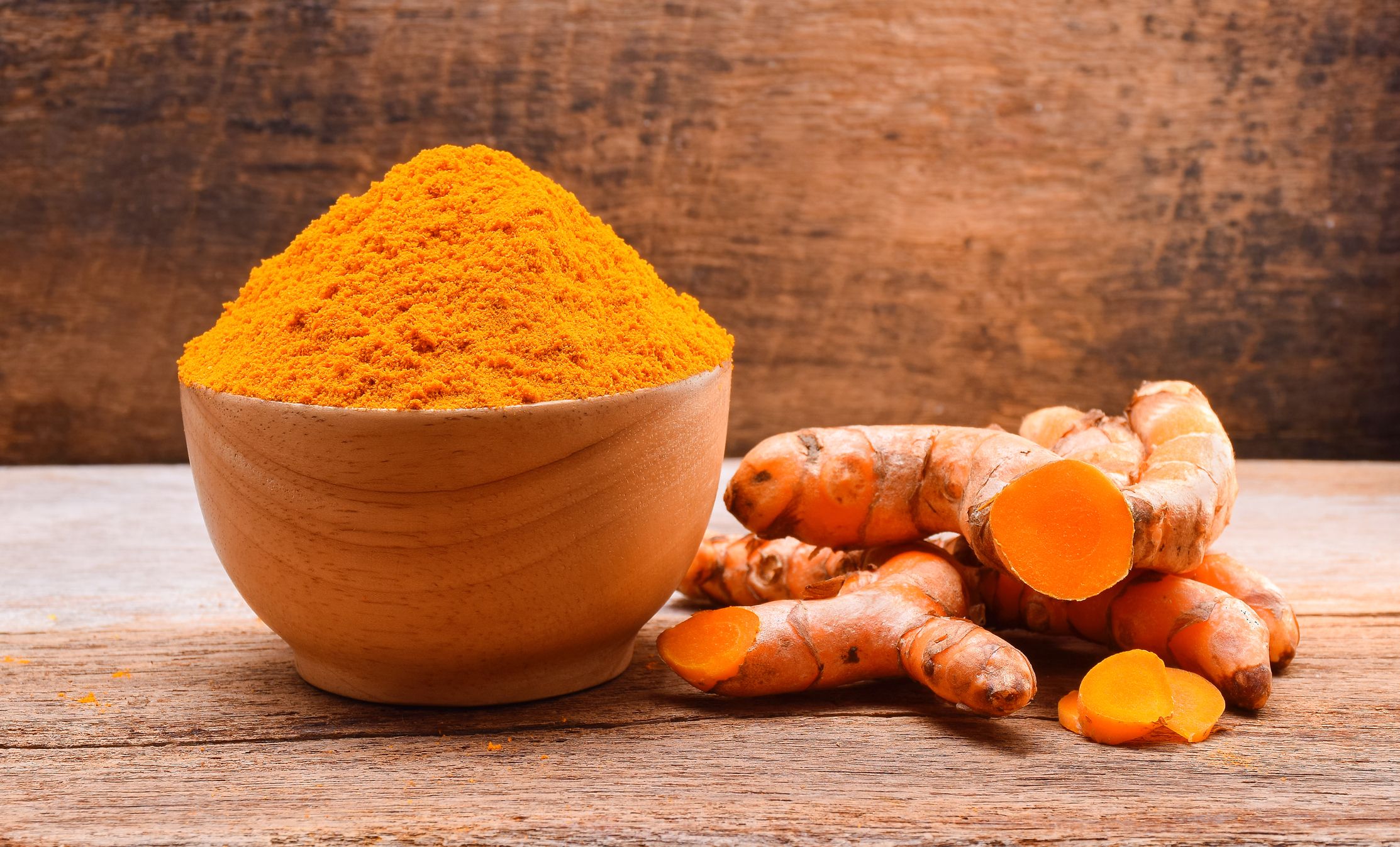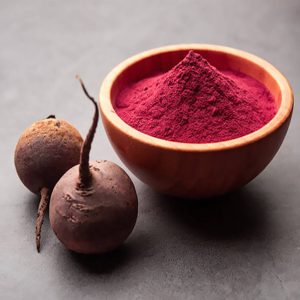Introduction
Turmeric, often heralded as the golden spice, has transcended its culinary roots to become a renowned herbal remedy. Predominantly recognized for its anti-inflammatory properties, turmeric has a rich history in traditional medicine, particularly in Ayurveda and Chinese medicine. This article explores the science behind turmeric’s health benefits, focusing on its efficacy in combating inflammation and enhancing overall wellness. Ideal for health enthusiasts and anyone looking to understand natural remedies, this guide provides an in-depth look at why turmeric deserves a place in your wellness routine.
Thank you for reading this post, don't forget to subscribe!Chapter 1: Understanding Turmeric
Turmeric is derived from the root of the Curcuma longa plant, native to India and Southeast Asia. It’s the source of the characteristic yellow color in curry powder, thanks to its active compound, curcumin. Beyond the kitchen, turmeric has been used for thousands of years for its medicinal properties, addressing everything from pain relief to chronic conditions. This chapter delves into the botanical aspects of turmeric and its historical significance in various cultural medicines.
Chapter 2: Turmeric’s Nutritional Profile
Turmeric is not just a spice for flavor; it is a powerhouse of nutrients. It contains more than 300 naturally occurring components, including beta-carotene, ascorbic acid (vitamin C), calcium, flavonoids, fiber, iron, niacin, potassium, zinc, and other nutrients. However, the most potent and significant compound found in turmeric is curcumin, which is celebrated for its anti-inflammatory, antioxidant, and antimicrobial properties. This chapter breaks down the key components of turmeric and explains how they contribute to health and vitality.
Chapter 3: Health Benefits of Turmeric
The most compelling health benefit of turmeric is its ability to reduce inflammation. Chronic inflammation is linked to numerous serious diseases, including heart disease, Alzheimer’s, Parkinson’s, and various cancers. Curcumin, however, has been shown to match the effectiveness of some anti-inflammatory drugs, without the side effects. This chapter explores the research supporting turmeric’s role in fighting inflammation, its benefits in managing arthritis pain, and its potential to enhance brain function and lower disease risk.
Chapter 4: Incorporating Turmeric Into Your Diet
Adding turmeric to your diet is simple and beneficial. This chapter provides practical tips and recipes for integrating turmeric into your meals and beverages. Learn how to make a turmeric latte, also known as “golden milk,” which combines the spice with warm milk and other health-boosting ingredients. Whether you prefer turmeric in root, powder, capsule, or liquid extract form, this section will guide you on how to maximize its health benefits through daily consumption.
Chapter 5: Comparing Turmeric with Other Anti-inflammatory Agents
Turmeric stands out among natural anti-inflammatory agents for its broad range of benefits and low risk of side effects. This chapter compares turmeric to other popular anti-inflammatories like ginger and omega-3 fatty acids, highlighting its unique advantages and situations where it might be particularly effective. The comparison extends to pharmaceutical options, providing a holistic view of how turmeric holds up against synthetic medications.
Frequently Asked Questions
1. How much turmeric should I take daily? For general health, 500 to 1,000 mg of curcumin per day is typically recommended. Always consult with a healthcare provider for personalized advice.
2. Are there any side effects of taking turmeric? Turmeric is safe for most people when consumed in moderate amounts. High doses or long-term use can cause gastrointestinal discomfort.
3. Can turmeric cure chronic diseases? While turmeric can help reduce inflammation and support overall health, it should not be considered a cure for chronic diseases but rather a supplemental aid.
4. Does turmeric interact with medications? Yes, turmeric can interact with certain medications, including blood thinners and diabetes drugs. Consult your healthcare provider before starting any new supplement.
5. How do I choose a high-quality turmeric supplement? Look for supplements containing piperine or black pepper extract, which significantly enhances curcumin absorption, and choose products with certifications for purity and safety.
Conclusion
Turmeric, or the golden spice, offers more than just flavor. Its anti-inflammatory prowess is supported by centuries of traditional use and modern scientific research. By incorporating turmeric into your diet, you can harness its natural healing properties to potentially improve your health and combat inflammation. Embrace the power of turmeric and consider making it a staple in your approach to a holistic, health-conscious lifestyle.
This guide aims to provide a comprehensive understanding of turmeric, from its nutritional benefits to practical dietary applications, establishing it as a vital component of natural health optimization.





